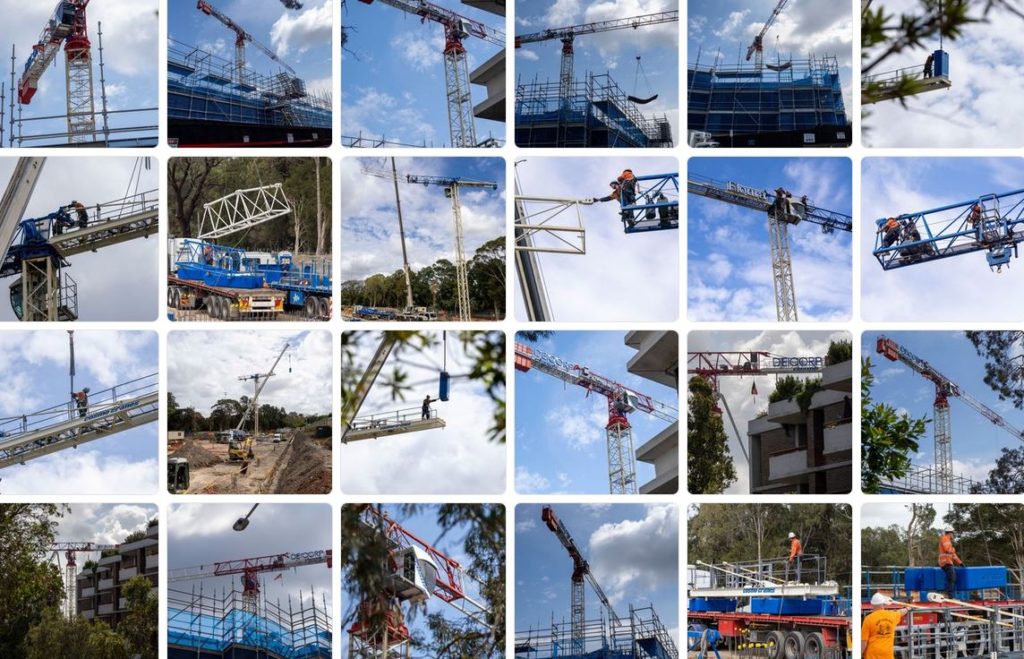Heavy-duty equipment mechanics repair, troubleshoot, adjust, overhaul and maintain mobile heavy-duty equipment used in construction, transportation, forestry, mining, oil and gas, material handling, landscaping, land clearing, farming and similar activities. They are employed by companies which own and operate heavy equipment, and by heavy equipment dealers, rental and service establishments, railway transport companies and urban transit systems.
Job duties
Check bulldozers, cranes, graders and other heavy construction, agricultural, logging and mining equipment for proper performance and inspect equipment to detect faults and malfunctions
Diagnose faults or malfunctions using computerized and other testing equipment to determine extent of repair required
Adjust equipment and repair or replace defective parts, components or systems, using hand and power tools
Test repaired equipment for proper performance and to ensure that work meets manufacturers’ specifications
Clean, lubricate and perform other routine maintenance work on equipment
Service attachments and working tools such as harvesting and tillage equipment, blades, ploughs, winches and side booms
May perform repair work on heavy trucks
May attach components and adjust new farm equipment.
Job titles
Agricultural equipment technician
Construction equipment mechanic
Diesel mechanic – heavy equipment
Farm equipment mechanic
Heavy equipment mechanic
Heavy mobile logging equipment mechanic
Heavy mobile mining equipment mechanic
Heavy-duty equipment mechanic apprentice
Heavy-duty equipment technician
Locomotive mechanic
Tractor mechanic
Employment requirements
This is what you typically need for the job.
Completion of a three- to five-year apprenticeship program or a combination of over four years of work experience and industry courses in heavy equipment repair is usually required to be eligible for trade certification.
Agricultural equipment technician trade certification is available, but voluntary, in Newfoundland and Labrador, Nova Scotia, Prince Edward Island, New Brunswick, Ontario, Manitoba, Saskatchewan, Alberta and British Columbia.
Heavy-duty equipment technician trade certification is compulsory in Quebec (only in the construction industry) and Alberta and available, but voluntary, in all other provinces and the territories.
Completion of secondary school and training courses or a vocational program is usually required.
Red Seal endorsement is also available to qualified heavy duty equipment technicians and agricultural equipment technicians upon successful completion of the interprovincial Red Seal examination.
(c) Government of Canada
Employers you can get further help and Information by messaging us here or email SkilledMigrationGroup@protonmail.com




